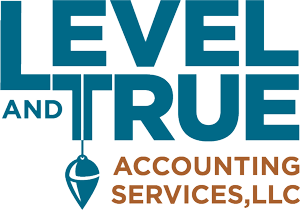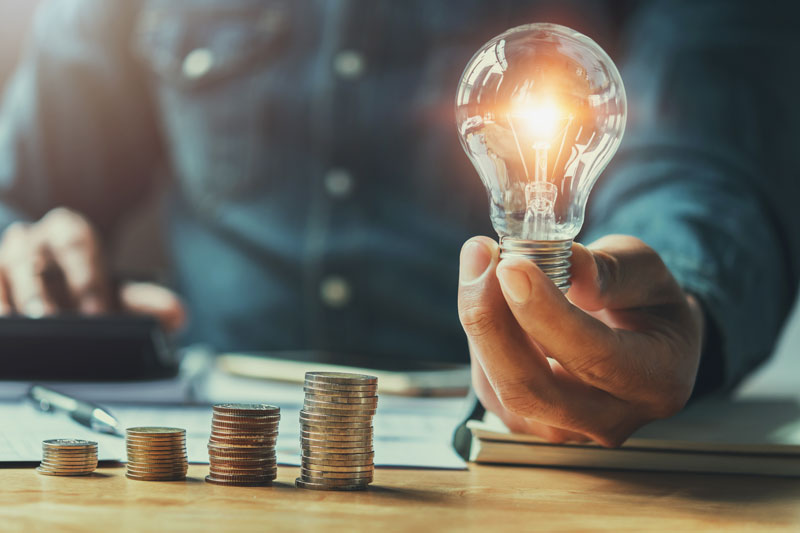When I visit a hardware store or an office supply store I’m like a kid in a candy story – there are so many shiny new toys I’d love to take home to the office. So what’s your weakness? Maybe it’s that super thin laptop that you’ll be able to carry with you out on the job. Or one of those hi tech table saws with the fancy safety blade feature that can distinguish the difference between wood and careless hands. Then you’ll need a new vehicle to haul around all those fancy new tools.These kinds of purchases are considered fixed assets because they’ll hopefully be useful to your business for many years to come.
The taxation of fixed assets can be quite complicated, so savvy business owners seek the guidance of their tax advisers before making major purchases. Fixed assets are treated differently from routine business expenses because they need to be “depreciated”. What does that mean? Since the item you purchased is considered to have value over an extended period of time, you are supposed to spread the cost over the life of the asset. But the IRS makes some exceptions to that general rule that can help you at tax time.
So what is the silver lining to depreciation? Accelerated depreciation rules are tax incentives that allow businesses to expense major purchases over a shorter period of time. The goal is to encourage businesses to grow by investing in capitalized assets and equipment. When businesses thrive, jobs are created, tax revenues increase, and hopefully everybody wins.
Does the timing of purchases matter?
Just buying equipment so you can take a tax deduction isn’t necessarily beneficial to your business. A tax write-off costs money, so you’ll want to make sure those dollars are well spent. Before you buy that shiny new toy, make sure it’s going to pay for itself in the long run.
Once you have determined that you need a new piece of equipment, the next question is how soon should you purchase it. If business is booming and you are having a very good year, it’s probably also a good time to purchase new equipment. If you don’t spend the extra earnings on your business, you’ll end up spending a lot of it on taxes. If you are planning on purchasing equipment in the near future, it may be wise to purchase before the tax year ends, so that you can benefit from the deduction sooner. If you wait until early the next year, you’ll have to wait a lot longer to benefit from the tax break.
First year purchases are like a wild card for your income taxes – you can play them a lot of different ways. Section 179 and Bonus Depreciation rules create the opportunity for special tax breaks during the first year of the purchase. As long as you make the purchase (and put it into service) before the end of the year, you have until the due date of your tax return to decide how aggressively you want to deduct it. Of course, your tax adviser will also want to consider how the remaining depreciation will benefit you in future years – if you take too much up front, you might regret it later – but having flexible options is great for tax planning.
There are many factors that can determine how beneficial a particular purchase will be. Keep in mind that there are special limitations and rules for vehicles, so you’ll probably want to check with your tax accountant before you sign on the dotted line. Tax policies are determined by the whims of congress, so make sure you have the latest information before you make a decision.
Some final thoughts about depreciation
When you purchase a building, or make major improvements and renovations to a space you use for business, you are not allowed to expense the cost up-front. It generally takes a long time time recapture the original cost of real property and improvements, so make sure to discuss the implications with your tax adviser before you make major improvements in an existing property, even if you are leasing the property instead of outright owning it.
Inventory isn’t the same as a fixed asset. Inventory is something you are selling in the normal course of doing business. Even though it might eventually be sold and replaced, a fixed asset is something you are using for the business. For most businesses, a vehicle or a building or piece of furniture is a fixed asset, but that’s not always true. A car dealer is in the business of selling vehicles. A contractor flipping houses is in the business of selling houses. A furniture store is in the business of selling furniture. What you purchase from them would be a fixed asset for you, but for them it’s a cost of goods sold.
Make sure that the chart of accounts in your accounting file is set up correctly so that you can properly track your fixed assets and their corresponding (accumulated) depreciation. The information recorded in the fixed asset registers can be a very useful reference when preparing property tax returns for local government agencies. The register will list the date and amount of purchase, where you purchased the item, and any pertinent details you include in the description. Your tax adviser will also appreciate these details when preparing your tax return. If you need help getting your company file properly organized, feel free to contact us.
The necessary tax tables and explanations are found in IRS Pub 946 How to Depreciate Property.
– Written by Gina Palacio, Owner of Level & True Accounting Services LLC

